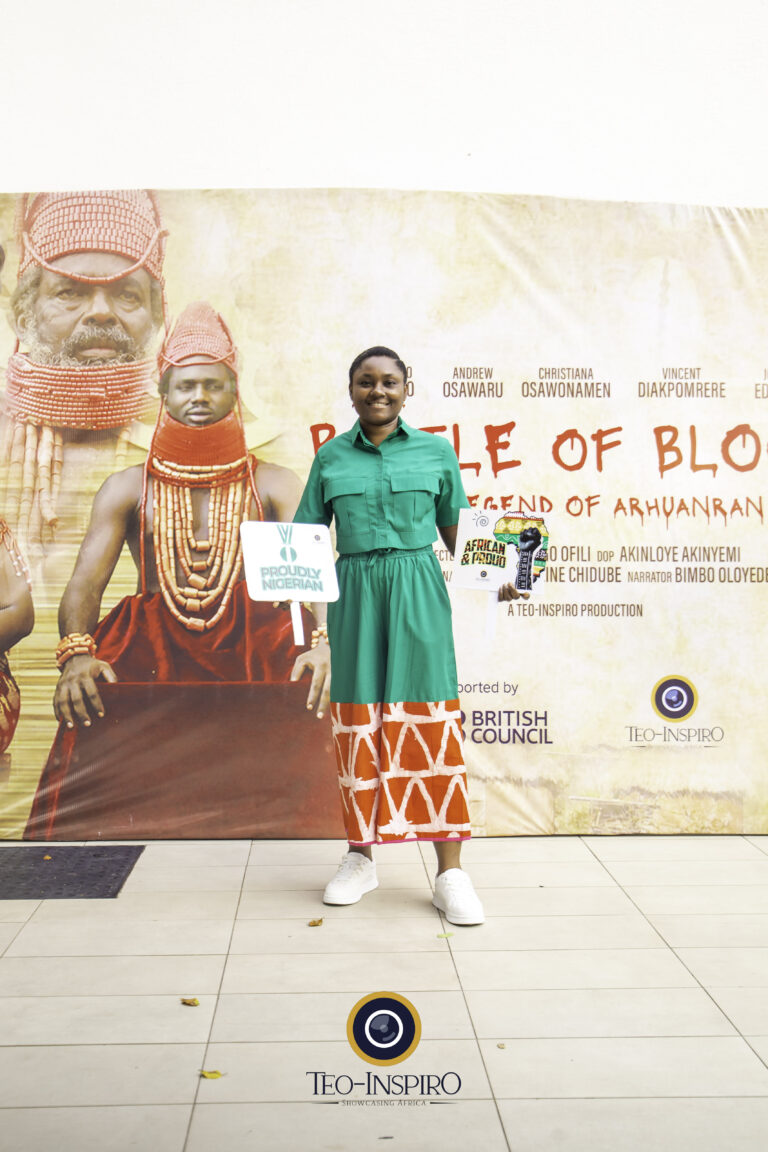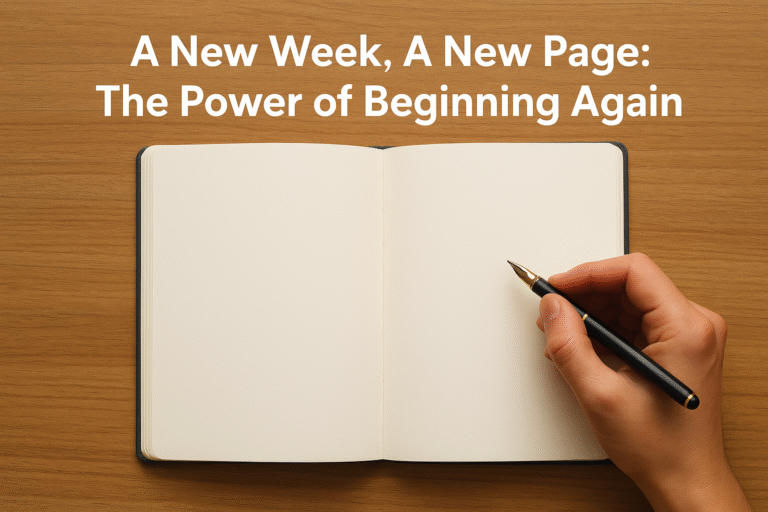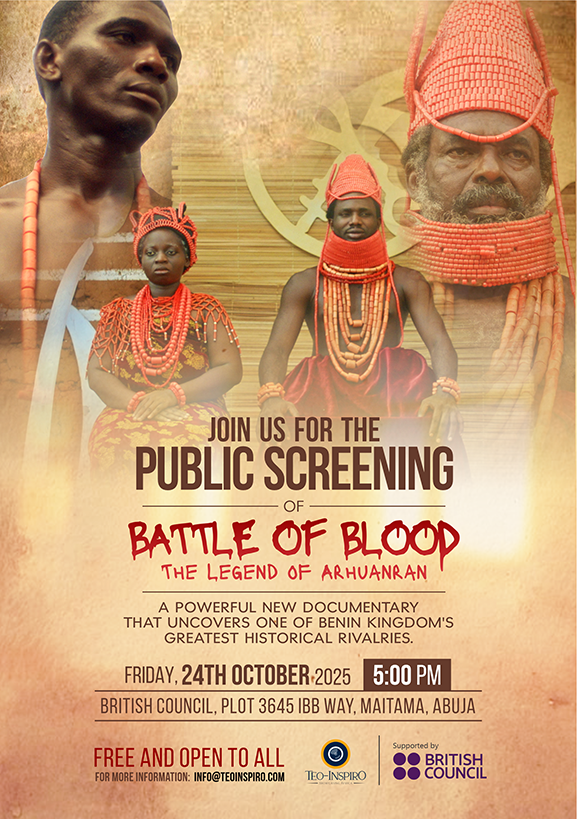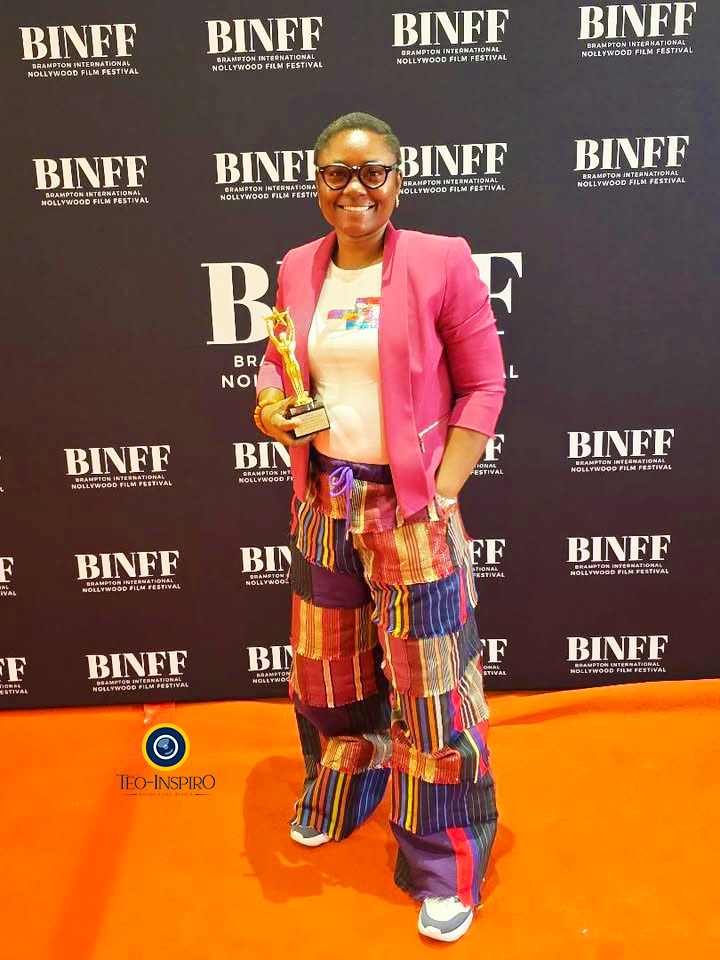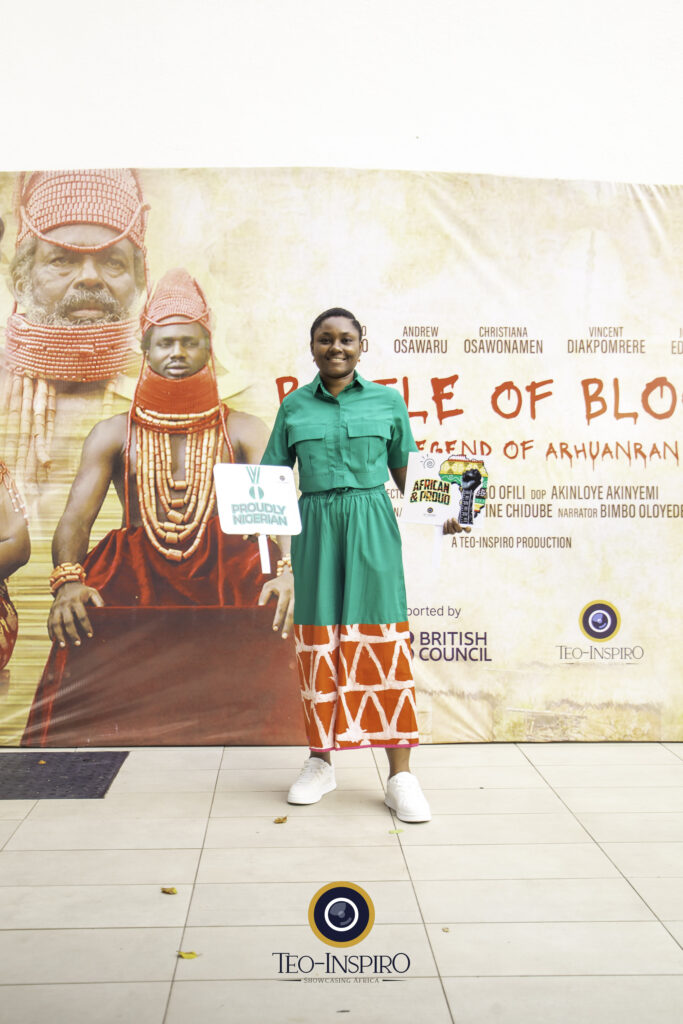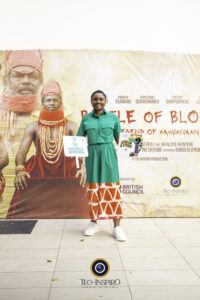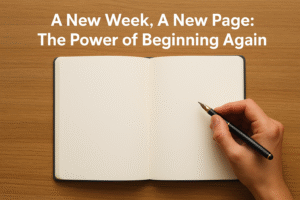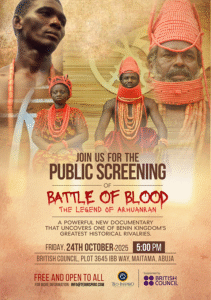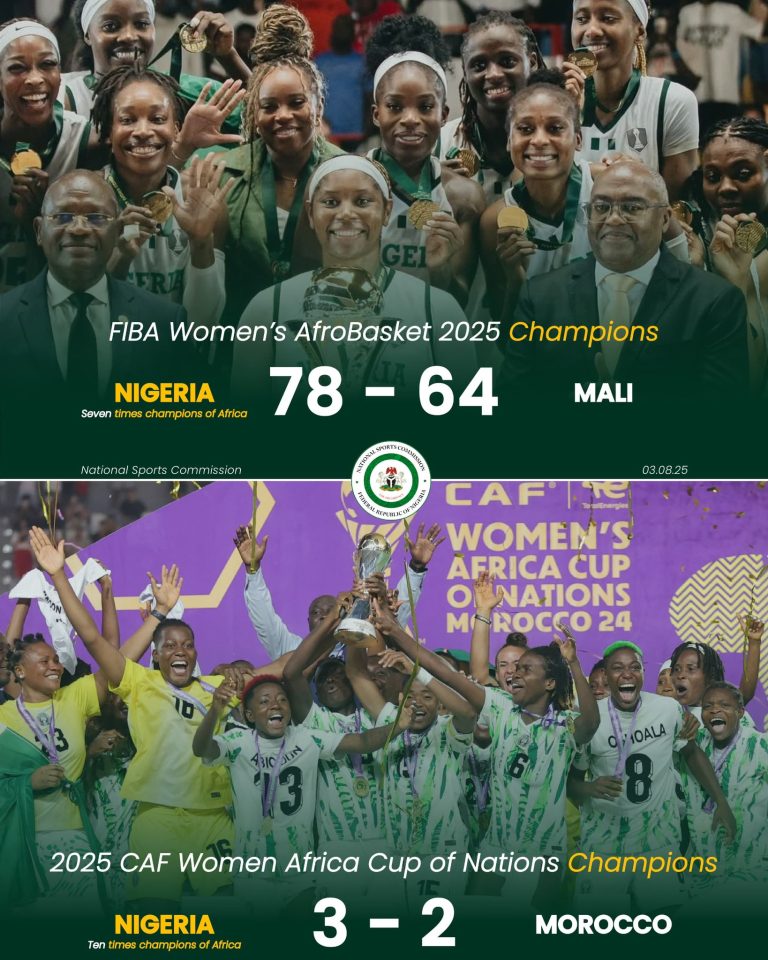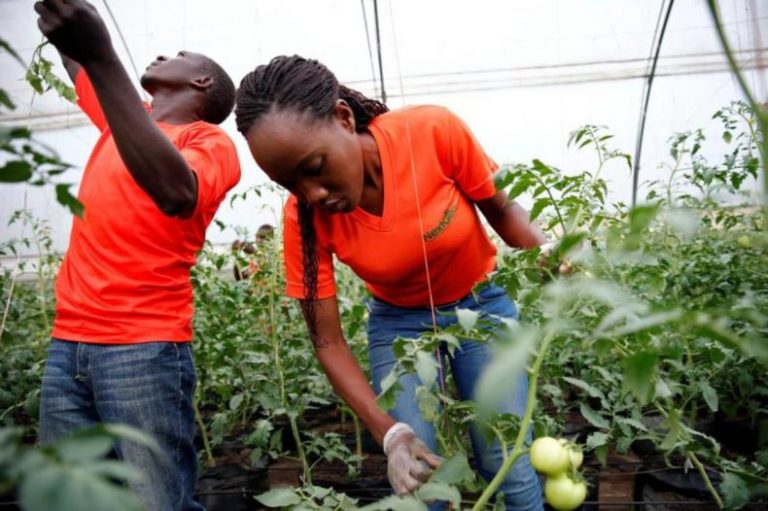Whereas, Nigeria has set aside May 27th, as Children’s Day, every year to mark the day to celebrate the Nigerian Child. Globally, November 20th has been set aside by the
United Nations (UN) as Universal Children’s Day.
In 1954, the UN established this day to signify a time: to promote international togetherness, awareness among children worldwide, and improve children’s welfare. However, it was on November 20th, 1959 at the UN General Assembly that Declaration of the Rights of the Child was adopted. In 1989, the Convention on the Rights of the Child was adopted and Nigeria became a signatory on January 26th, 1990 and later ratified the document on April 19th, 1991. Yet, the universal standards and principles for
survival, development, protection and participation of children and the recognition of children as human beings with rights and privileges has not been truly entrenched in our systems.
Even as the world goes Blue (#GoBlue theme for 2018) to re-echo the urgency to: “help build a world where every child is in school, safe from harm and can fulfill their potential”; the current scenario in Nigeria where children are being kidnapped, abducted for violent crimes, deprived of basic needs, abused or neglected even demands more desperate interventions to salvage the state of the Nigerian Child.
But the question that begs to be answered is: who will show compassion to our children? Since, there are still so many impediments to the domestication of the Nigerian Child Rights Act, especially in several States of the federation. Even more worrisome, is the fact that the under-served population of children living in difficult situations like orphans, street children, and children with various forms of disabilities have almost been forgotten. It is almost as if these children are being consciously socially excluded from the rest of society.
With the forthcoming elections in Nigeria, perhaps, Child Rights activists ought to arise and mobilize the support of the electorate to ensure that Nigerians look out for a leader who would take the best interest of the child and translated them into a top priority agenda for immediate action within 100 (a hundred) days in office for the next 4 years as President of this nation. So, when the world goes Blue, we hope it won’t be code ‘go black’ for Nigerian children.
By Bridget Uko

